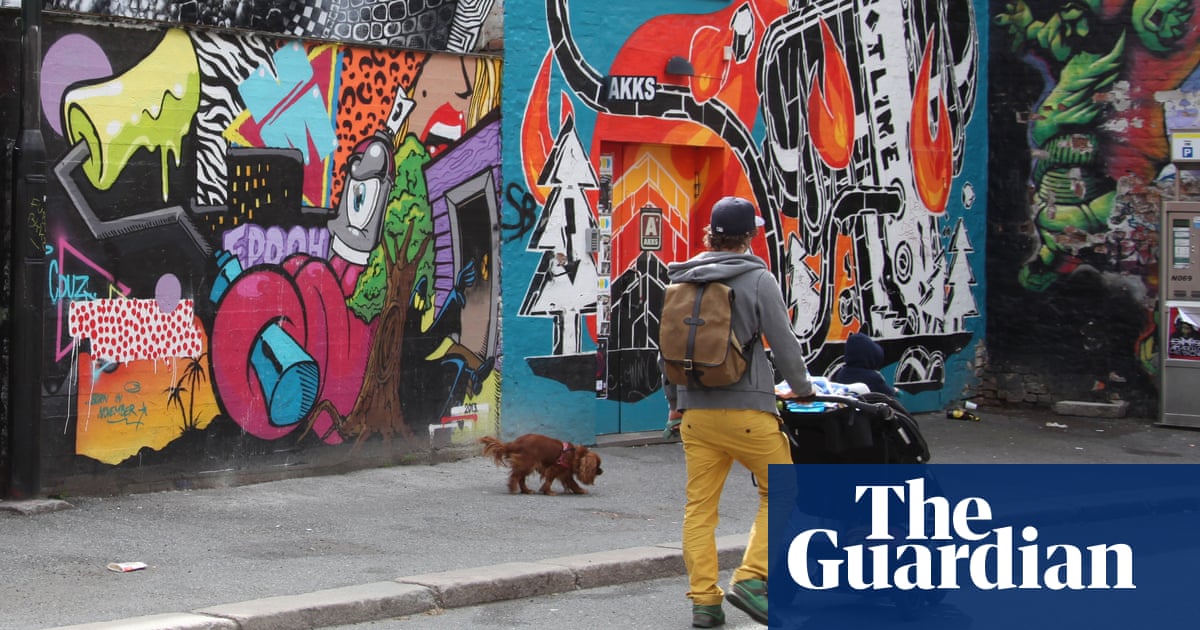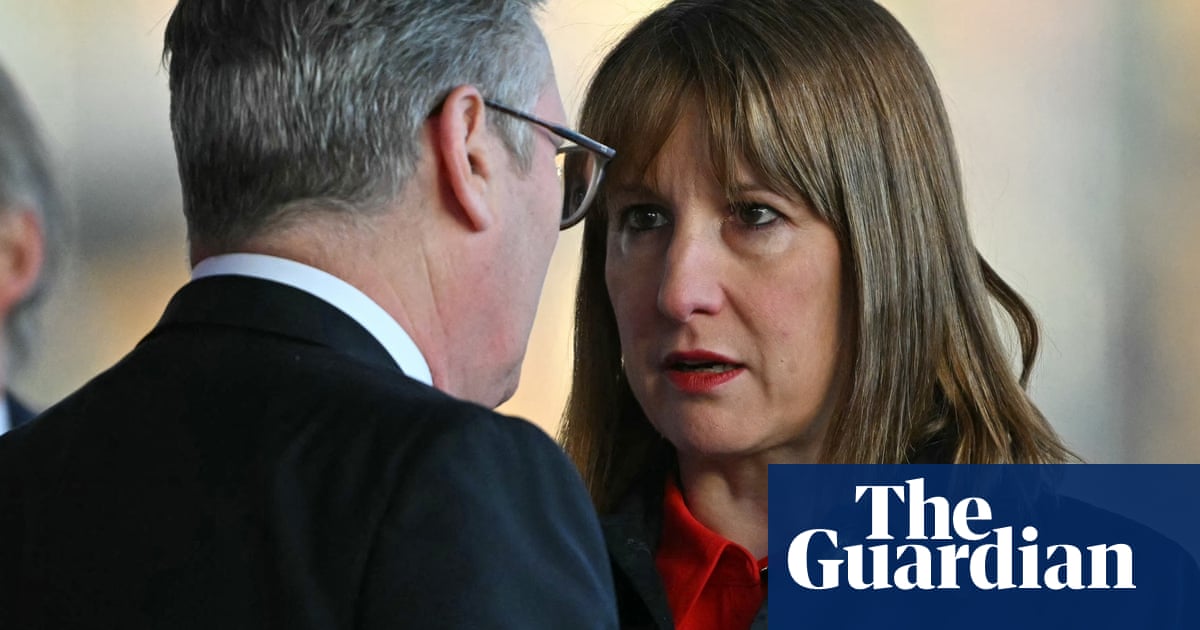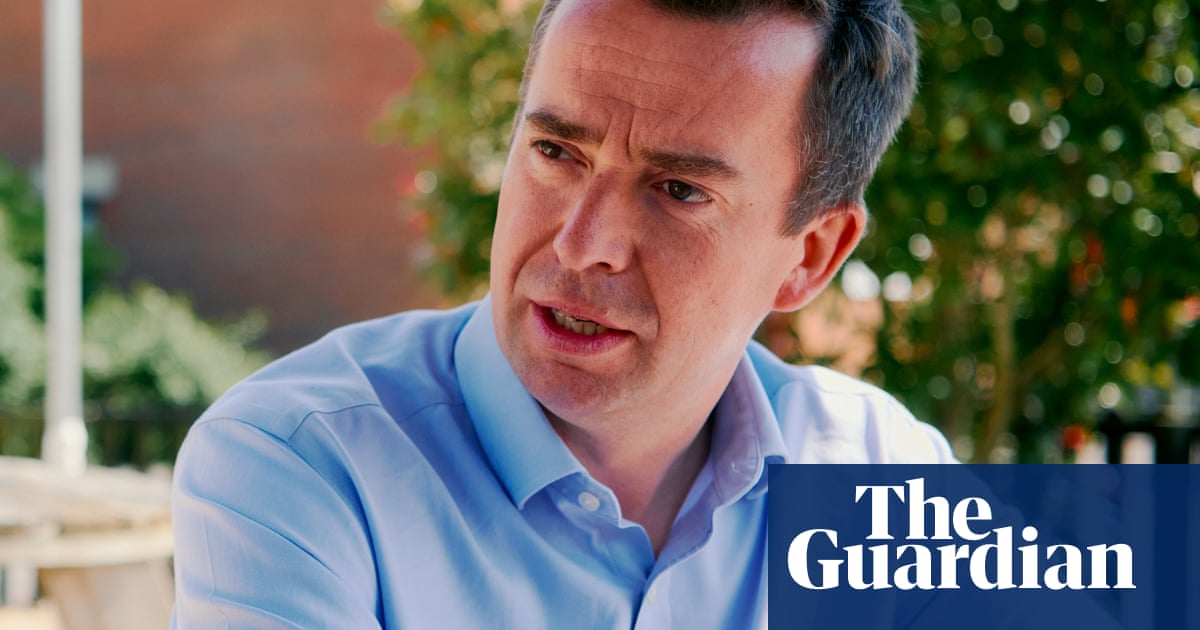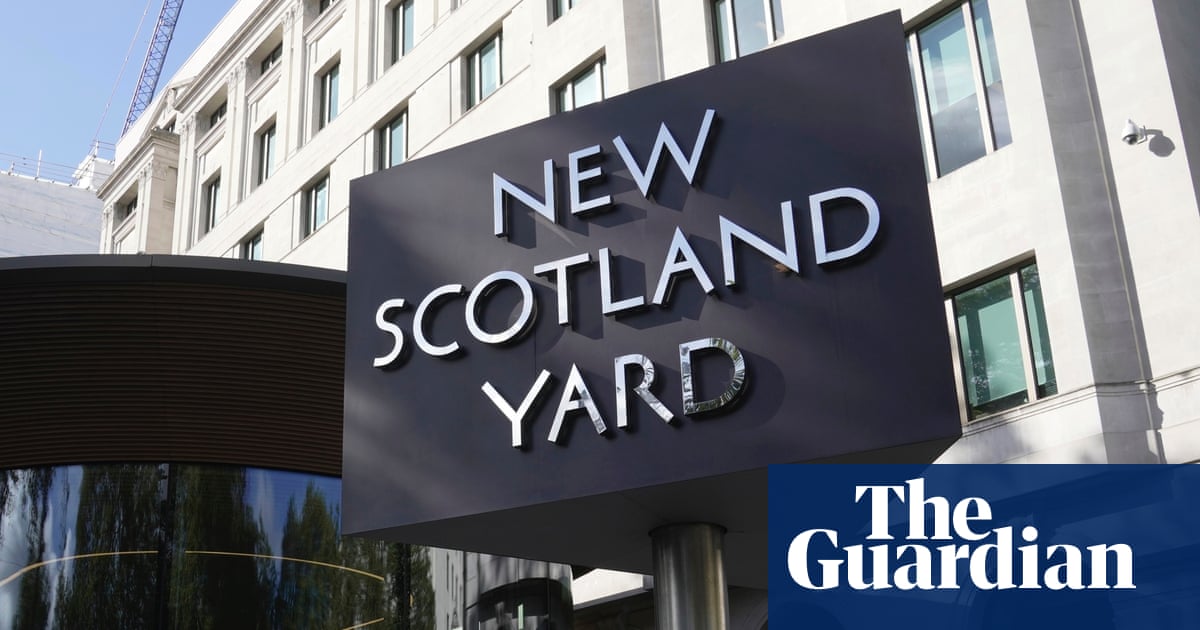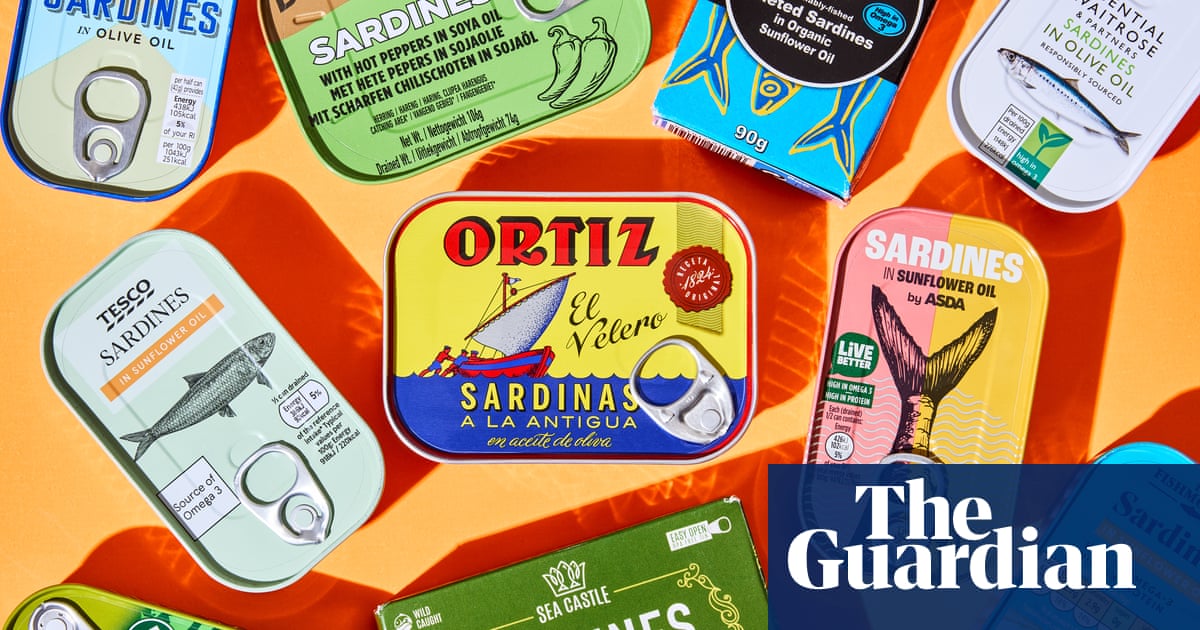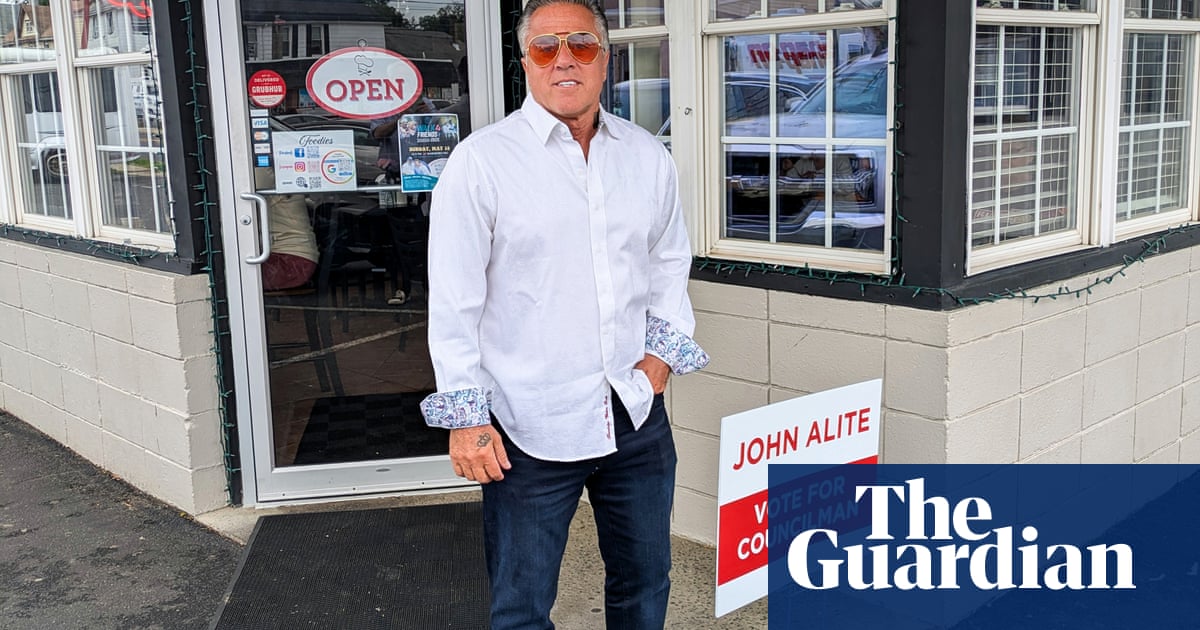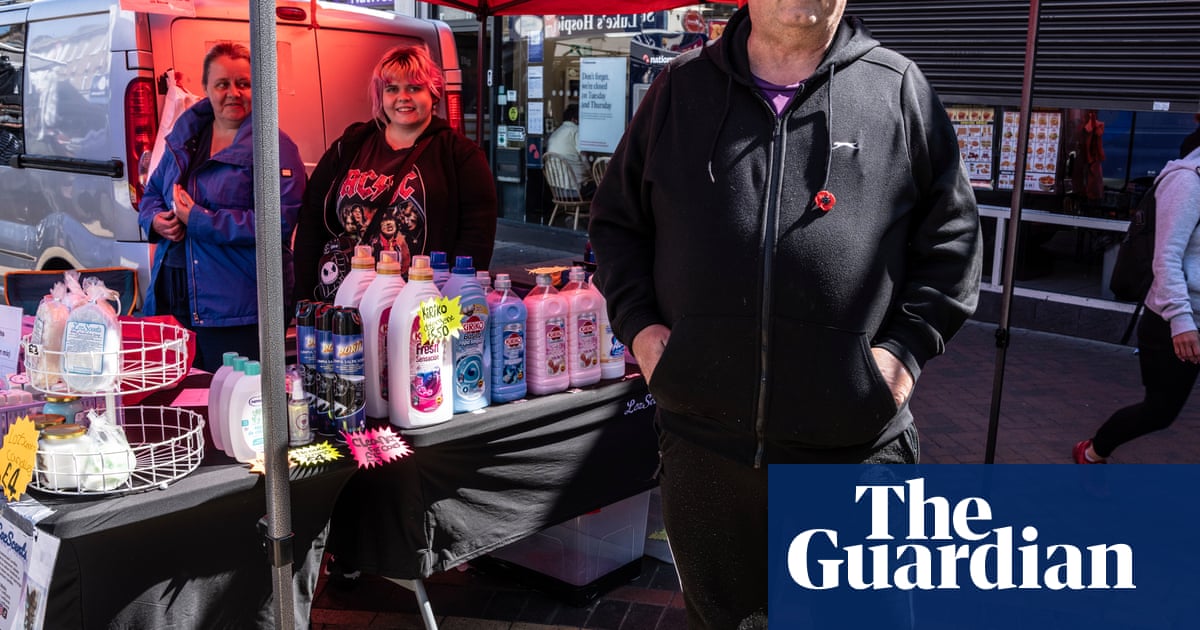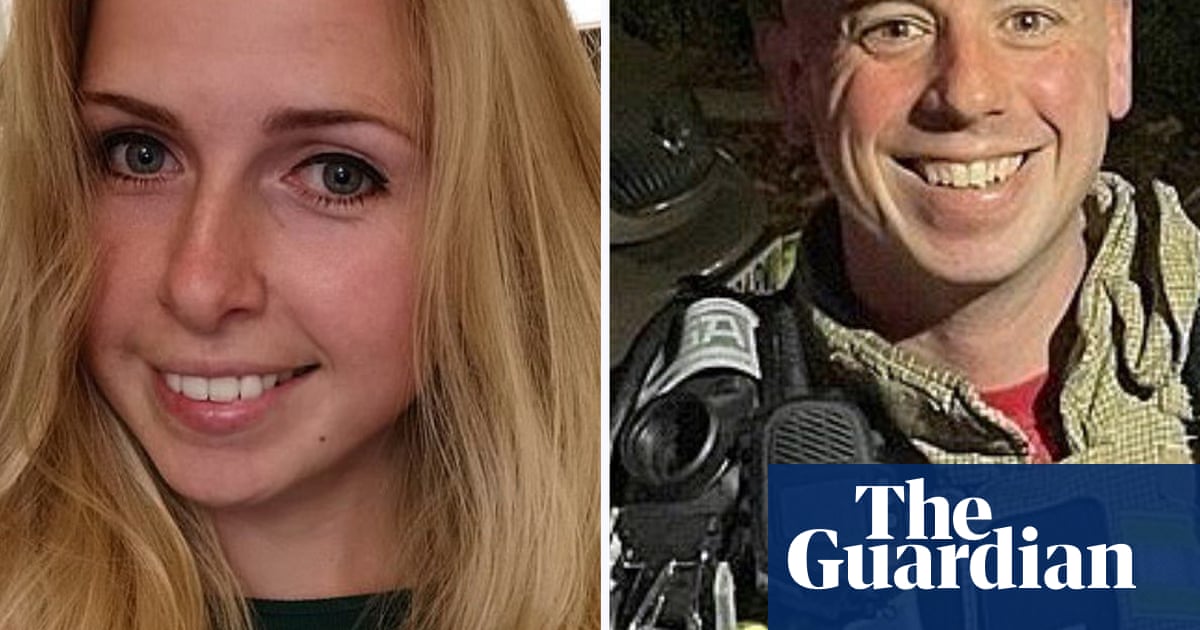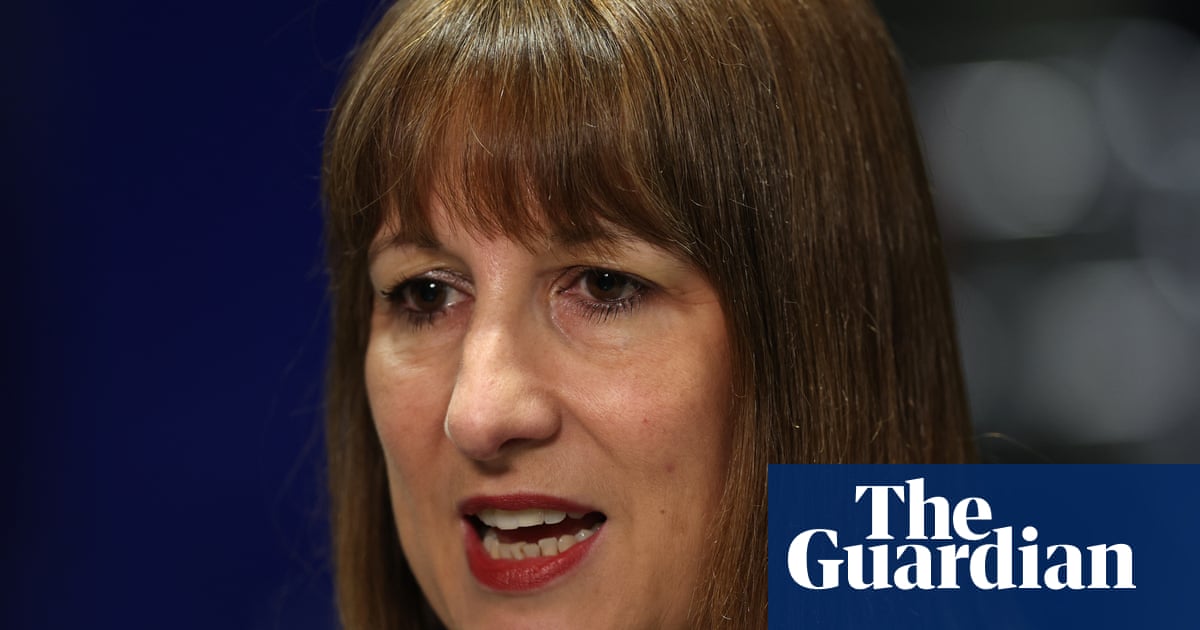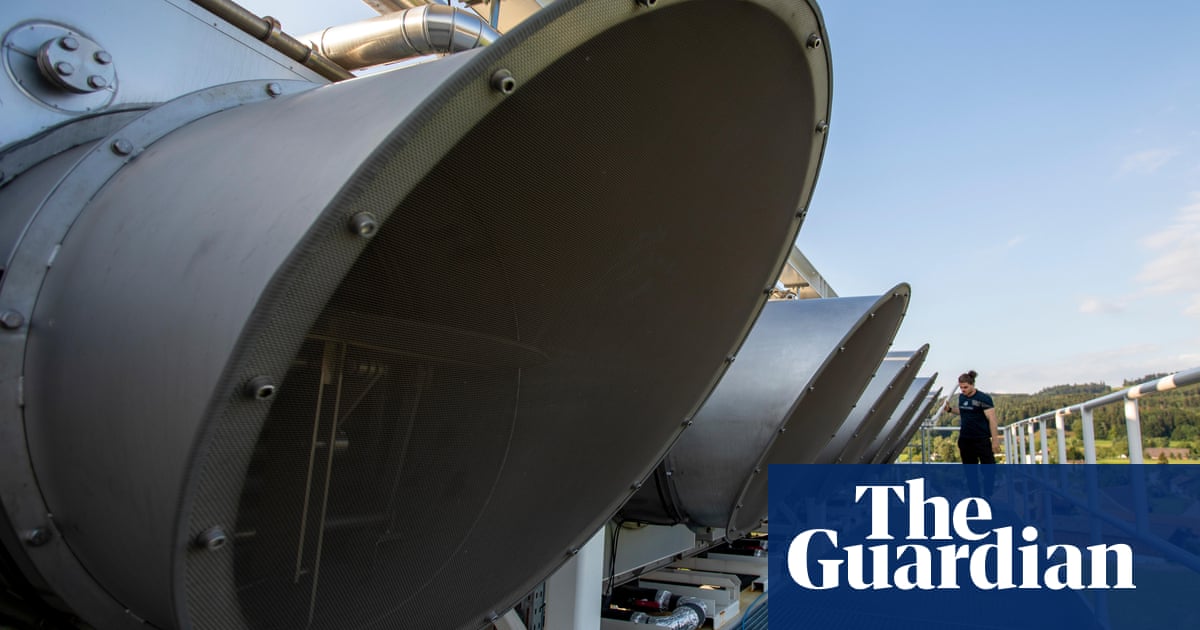A leading US clinic hopes its fecal waste biobank will help researchers make new discoveries about how to treat cancer patients – one of several efforts to turn human waste into medicine.
The Mayo Clinic biobank is part of researchers’ years-long effort to “personalize” medicine by uncovering how the microbiome changes how patients react to cancer medications.
“If I can figure out by looking at somebody’s microbiome and their genes as to what drug they would most likely respond to, I would want to pick that drug as a first step,” said Purna Kashyap, director of the Mayo Clinic’s microbiomics program, which oversees the biobank.
By comparison, most cancer drugs today are used as a regimen or, as Kashyap describes it: “Everybody gets this as a first-line therapy, and everybody gets this as a second-line therapy and everybody gets this as a third-line therapy.”
At the heart of the clinic’s effort to understand the microbiome is a biobank of more than 2,000 stool samples – a collection with ick factor – but one that researchers hope can help them understand why patients respond differently to cancer treatment.
The idea behind the research is that, in addition to human cells, every person has a microbiome, a collection of 100tn “microbial symbionts”: bacteria. Microbiomes are what “we rely [on] to aid in nutrition, resist pathogens, and educate our immune system”, researchers once wrote for Science. These bacteria colonize our bodies, from skin to guts.
The biobanks’ work on cancer is just one of several large-scale efforts that seek to understand how the gut microbiome may mediate how patients respond to cancer treatment – such as whether tumors shrink in response to chemotherapy or the severity of side effects.
Along these lines, researchers have experimented with colonizing patients’ guts with new bacteria through fecal transplants. Although still in the research phase, the trials have produced some promising results. The same idea has researchers investigating “crapsules” and “crispr-ing” the gut microbiome, according to a new book by Dr Eric Topol, chair of the department of translational medicine of the Scripps Research Institute.
The private biobank’s work, and Kashyap’s expectation that it could publish some results this summer, comes as the broader scientific community is under attack by the Trump administration. The White House has proposed disproportionately large cuts to the US’s scientific institutions, including a 40% cut to the National Institutes of Health (NIH).
While private companies and hospital systems, such as the Mayo Clinic, are working on individual studies, almost no one in the research community believes “puny” private budgets can fill a federal government-sized void.
Similarly, health secretary Robert F Kennedy Jr’s cut of roughly 20,000 jobs from the Department of Health and Human Services has jeopardized some government biobanks – as is the case with the Centers for Disease Control and Prevention’s bank of roughly 50,000 gonorrhoea samples, whose fate is unknown after the entire staff was laid off.
“The kinds of biobanking and data collection the NIH funds are open-ended and openly available,” said Derek Lowe, an organic chemist and author of the popular In the Pipeline blog on drug development.
“There aren’t too many other people doing stuff like this.”

 3 hours ago
6
3 hours ago
6

